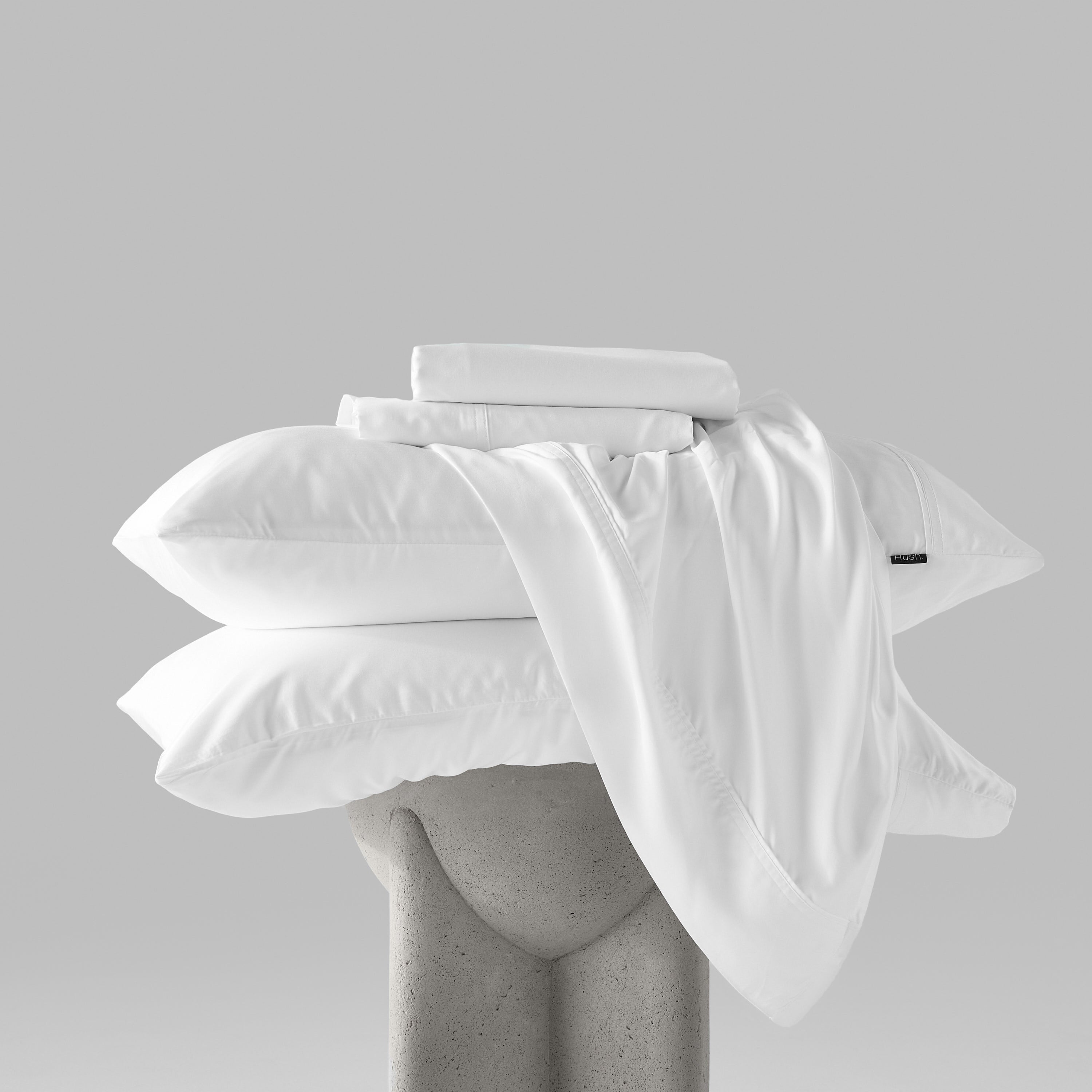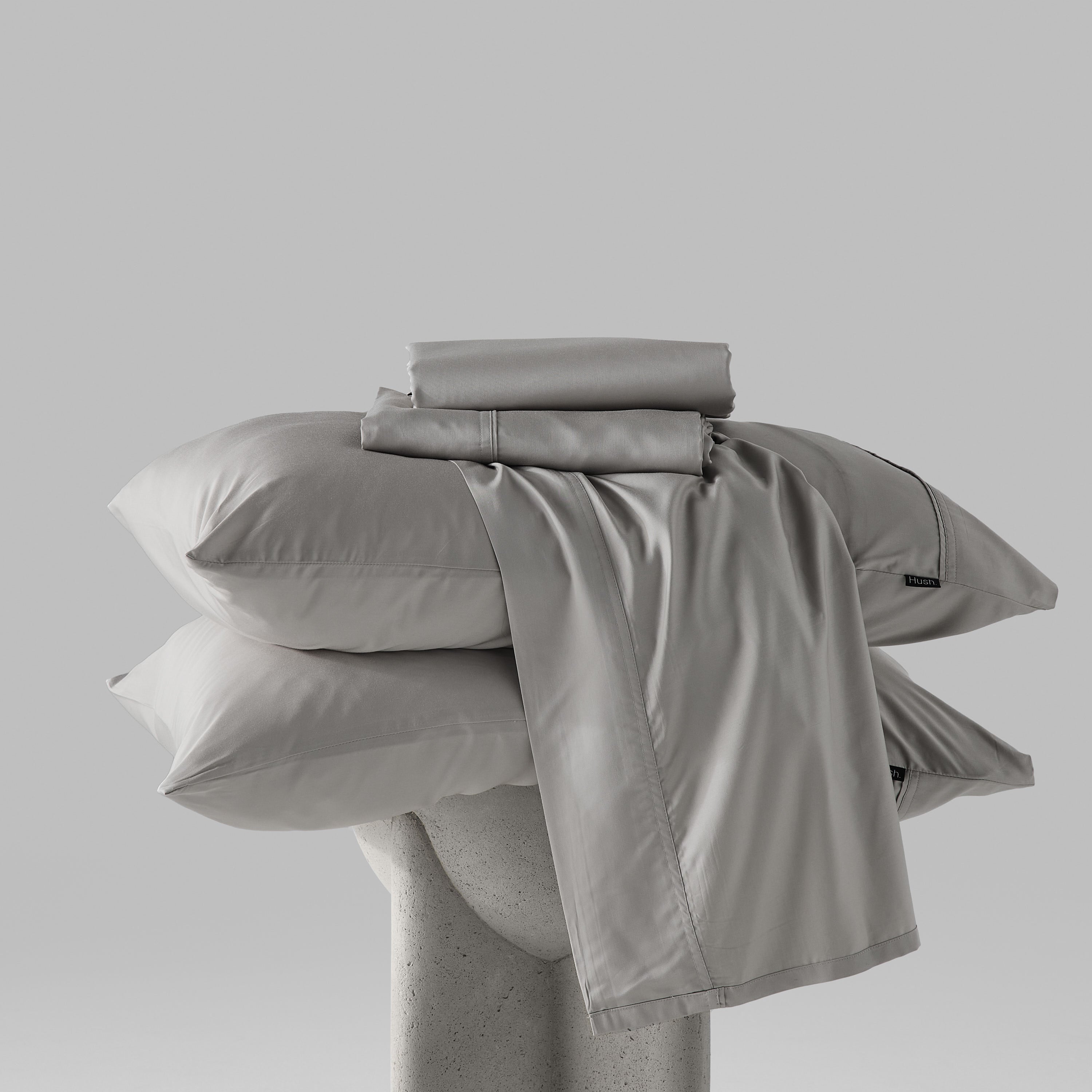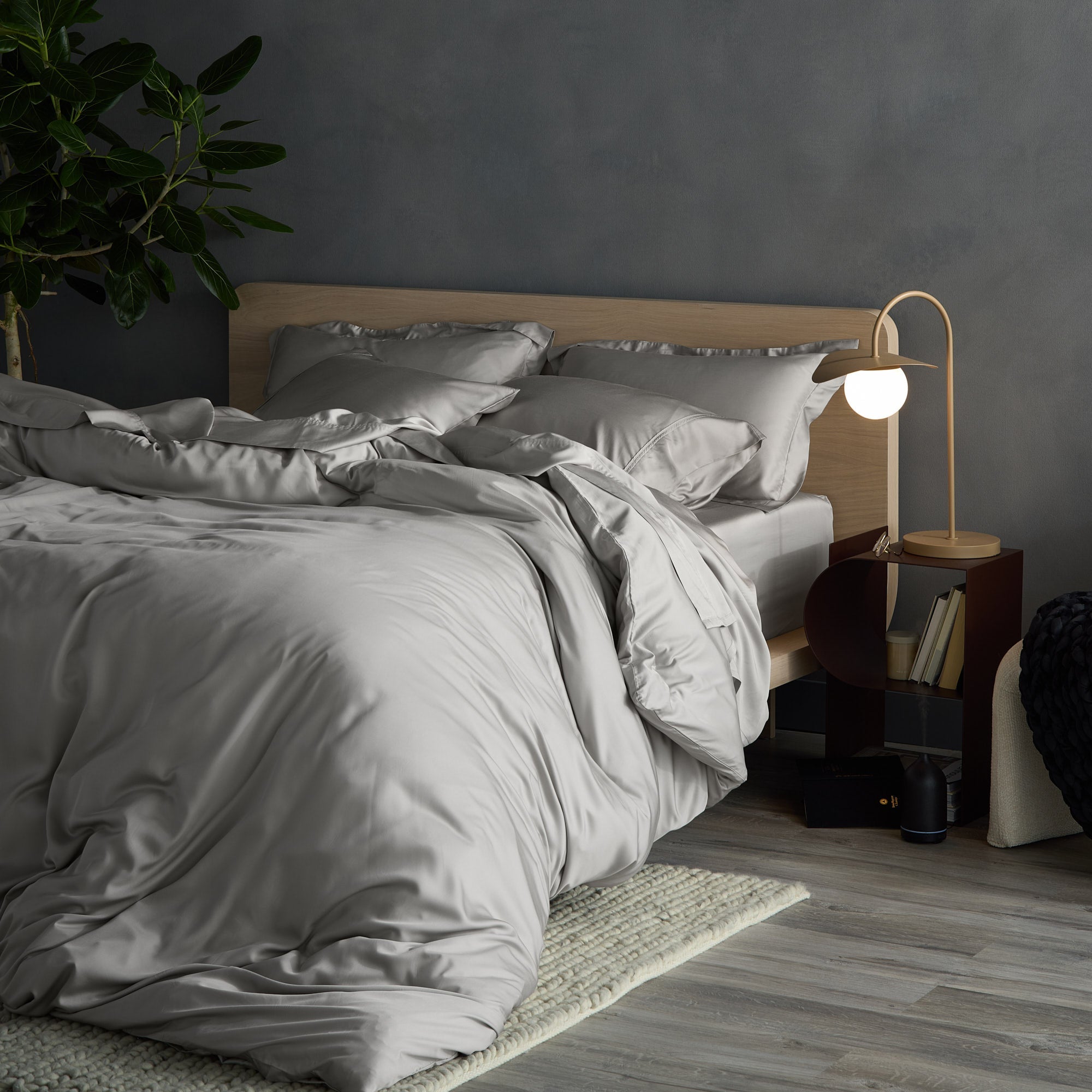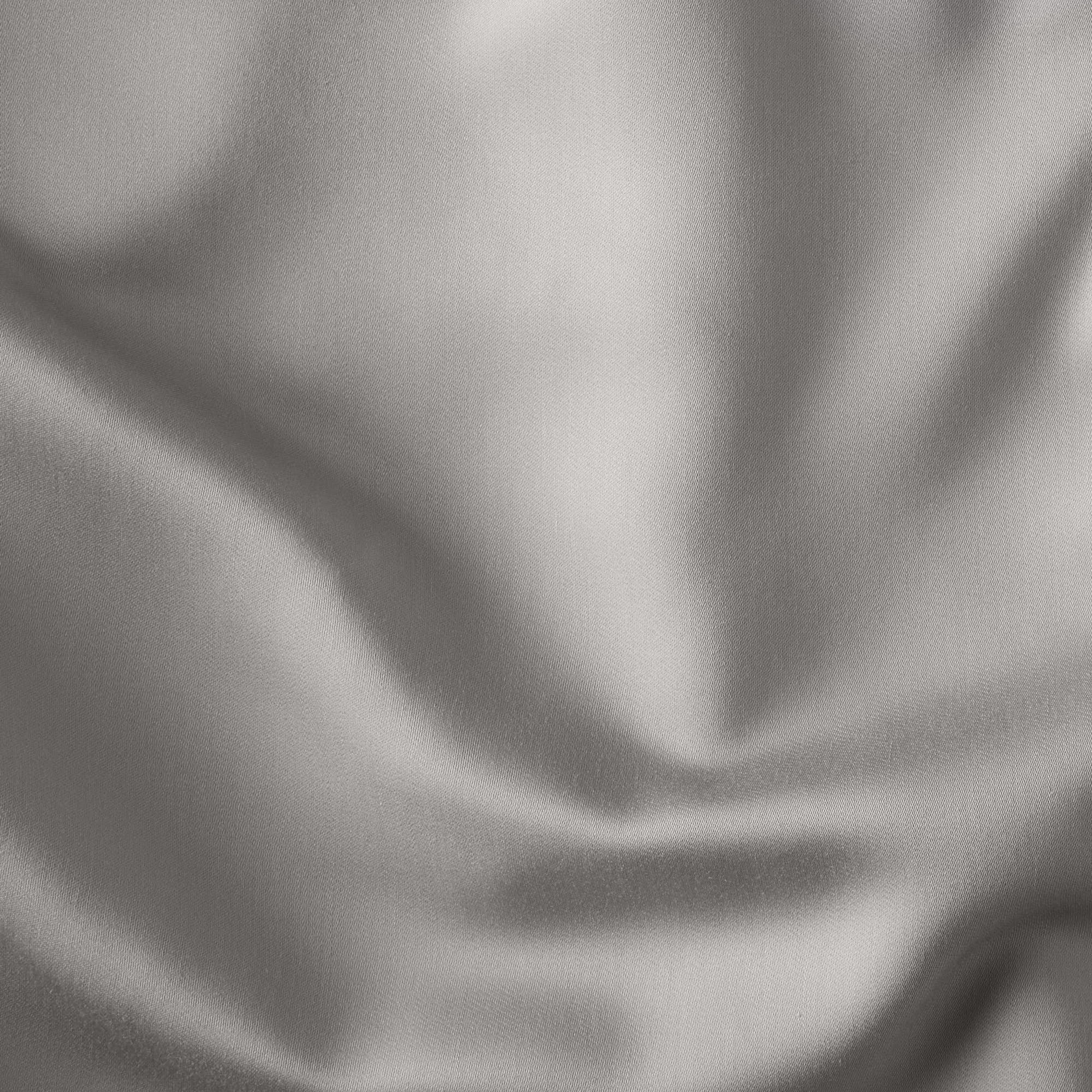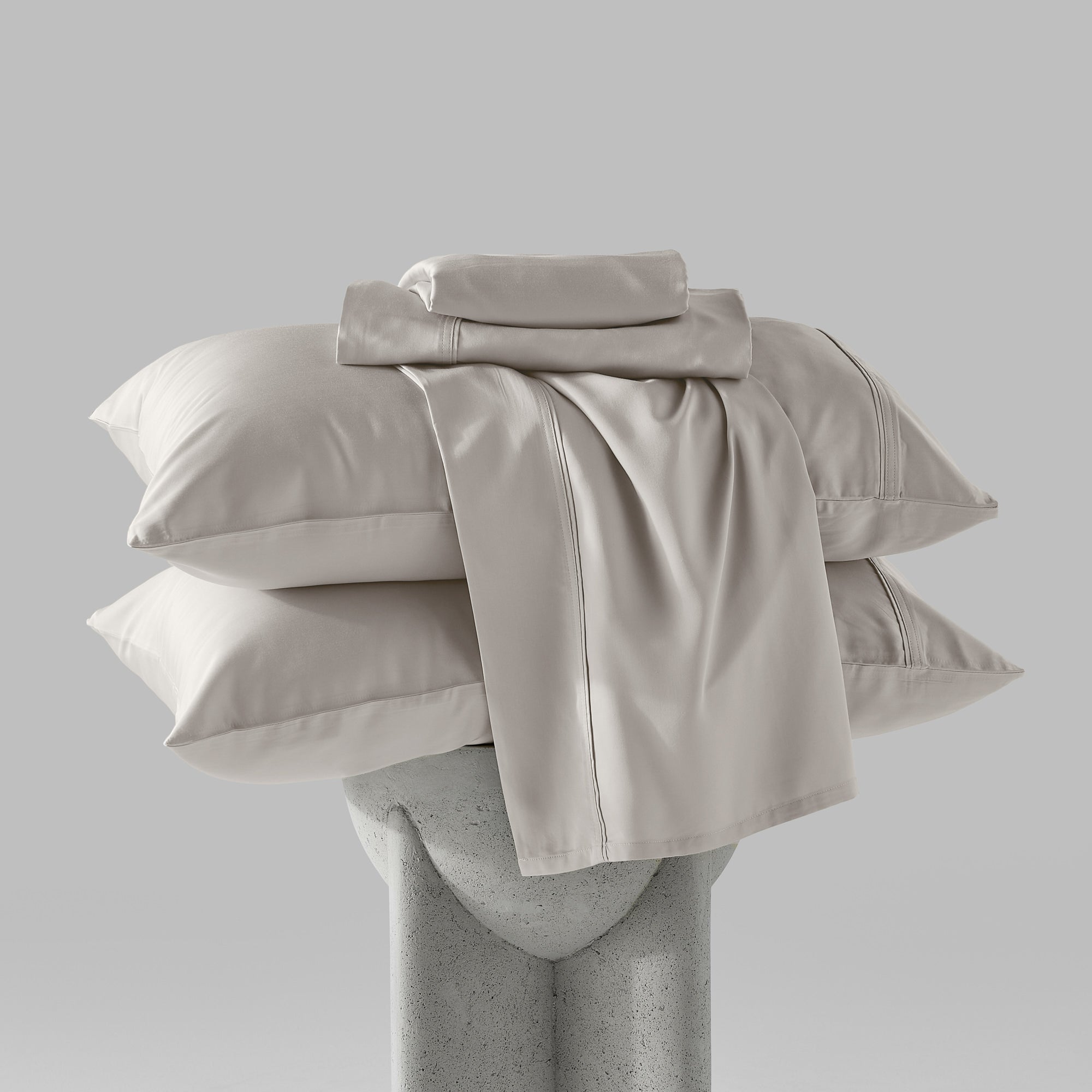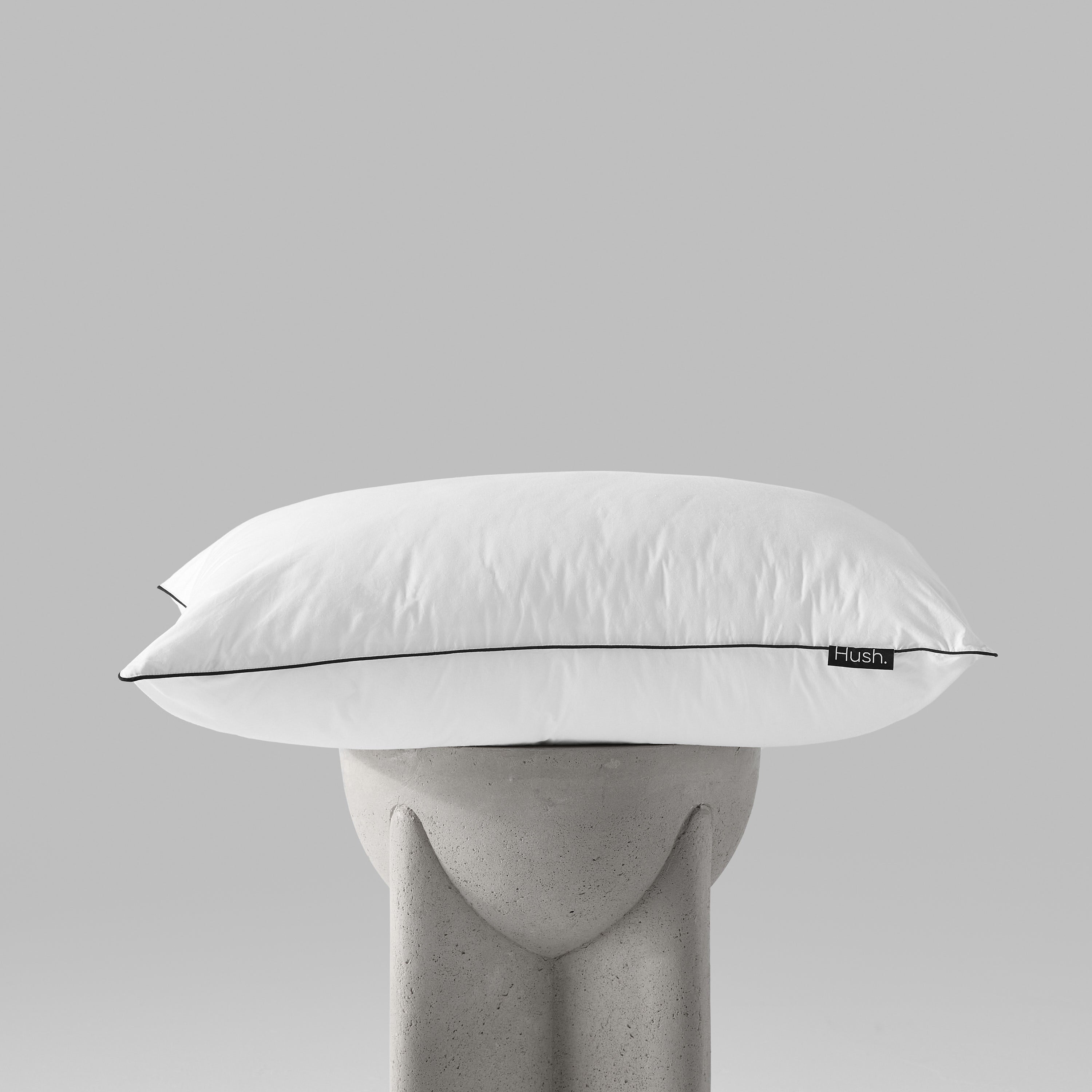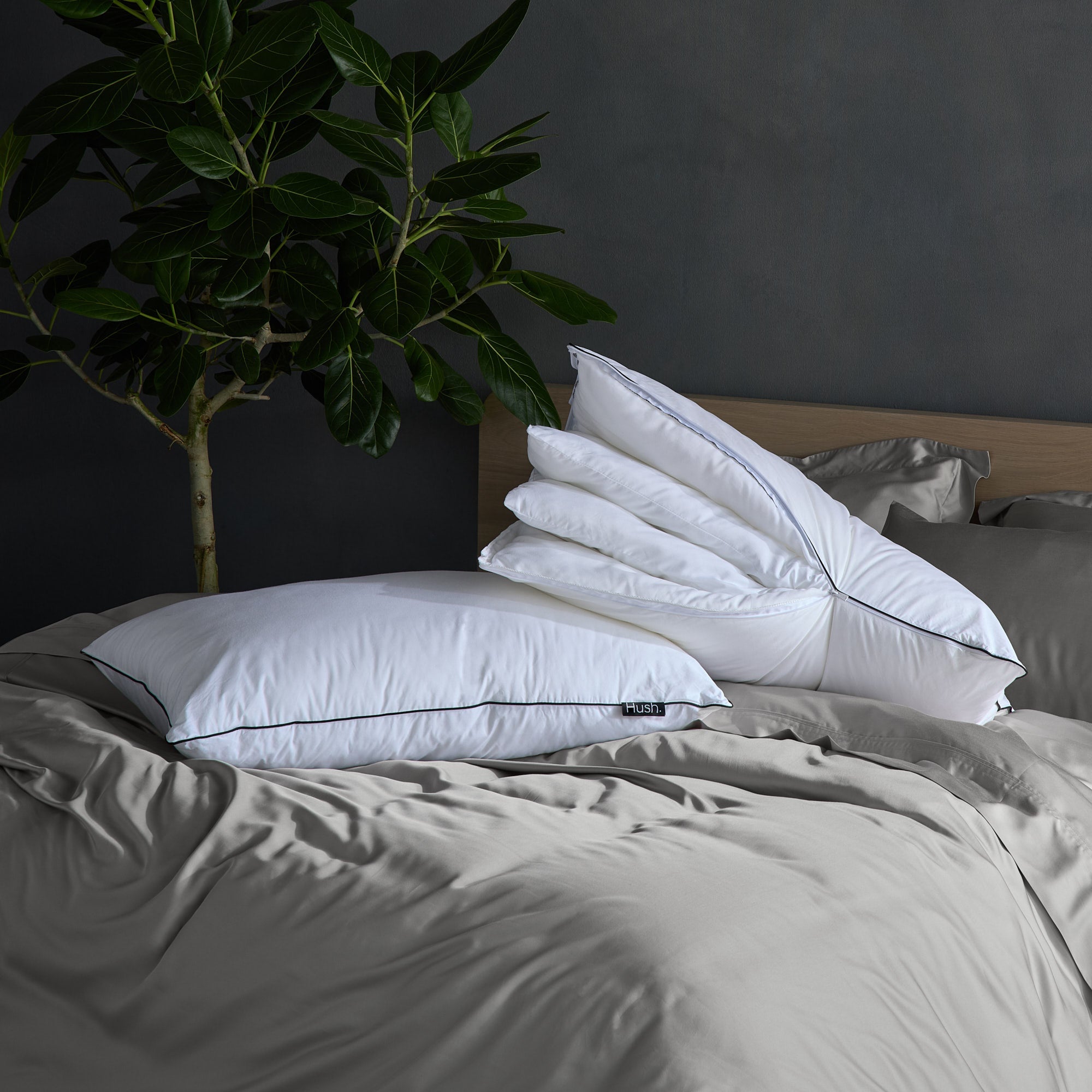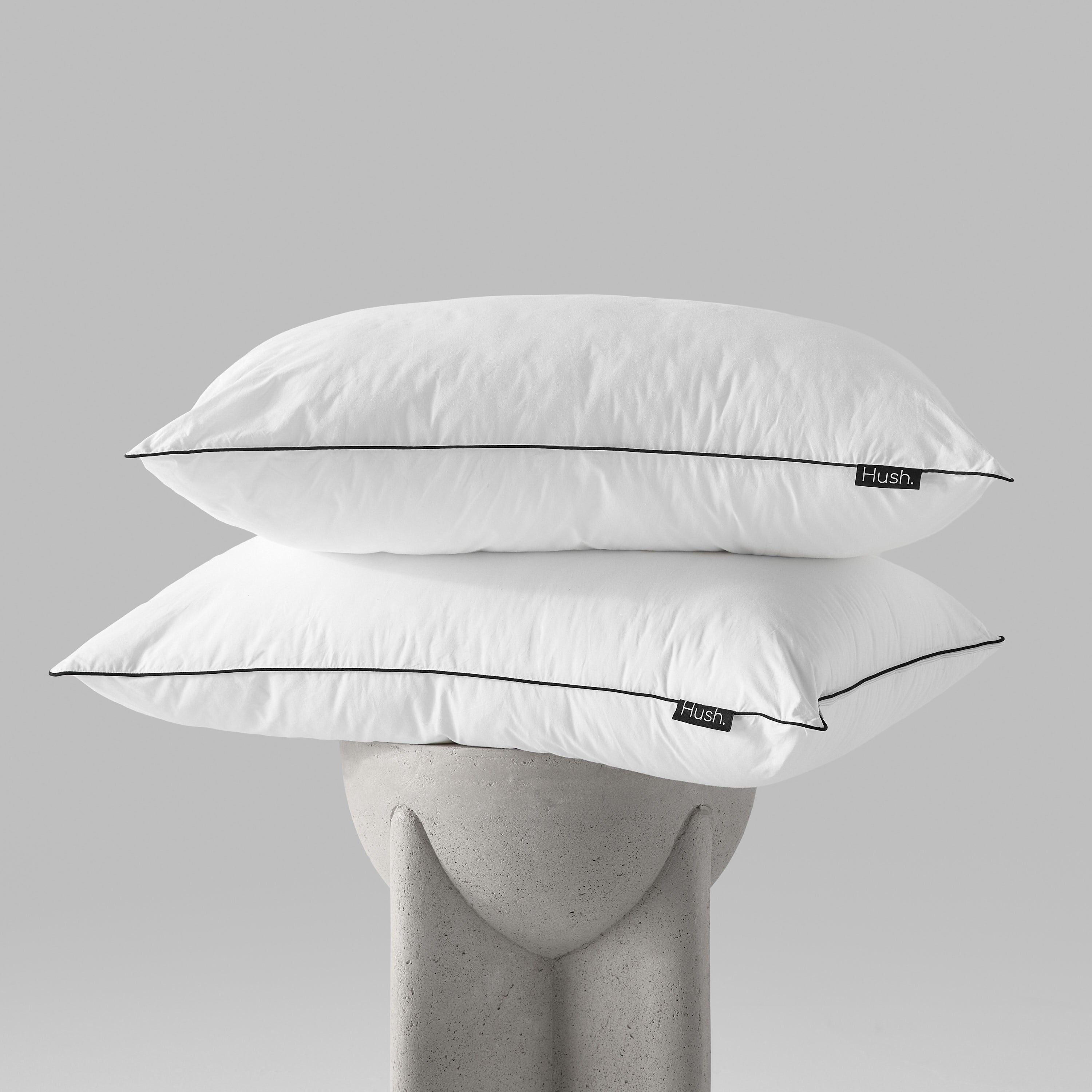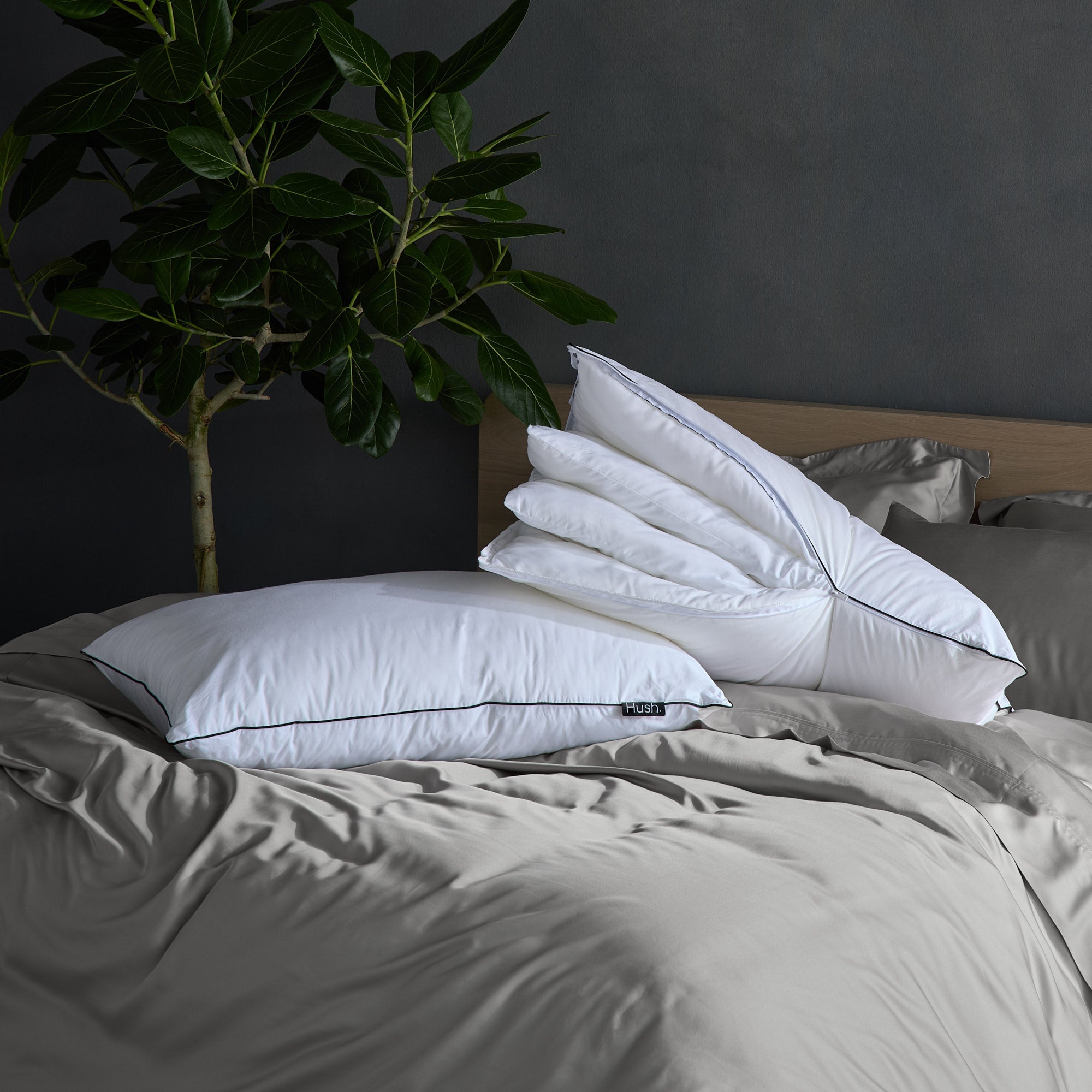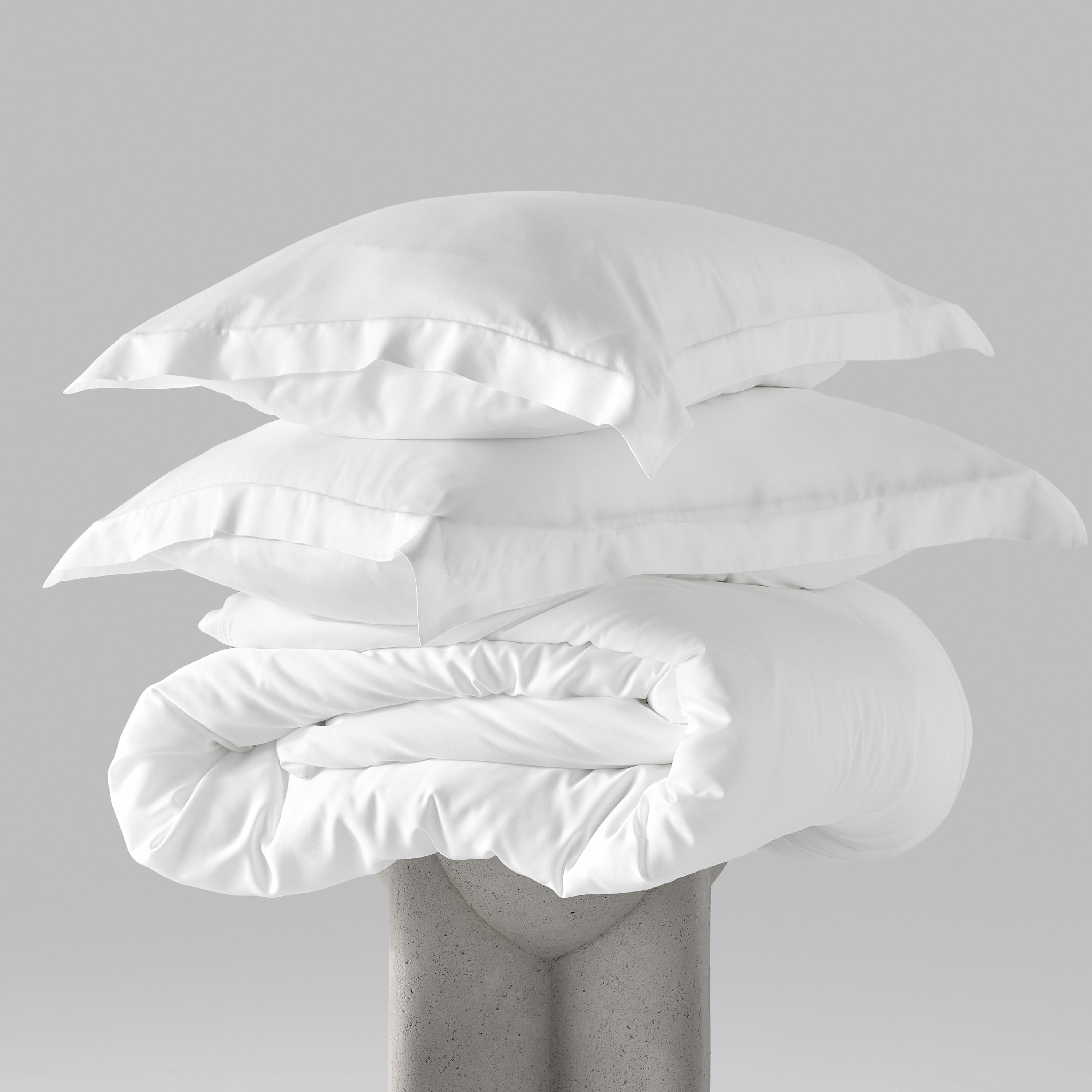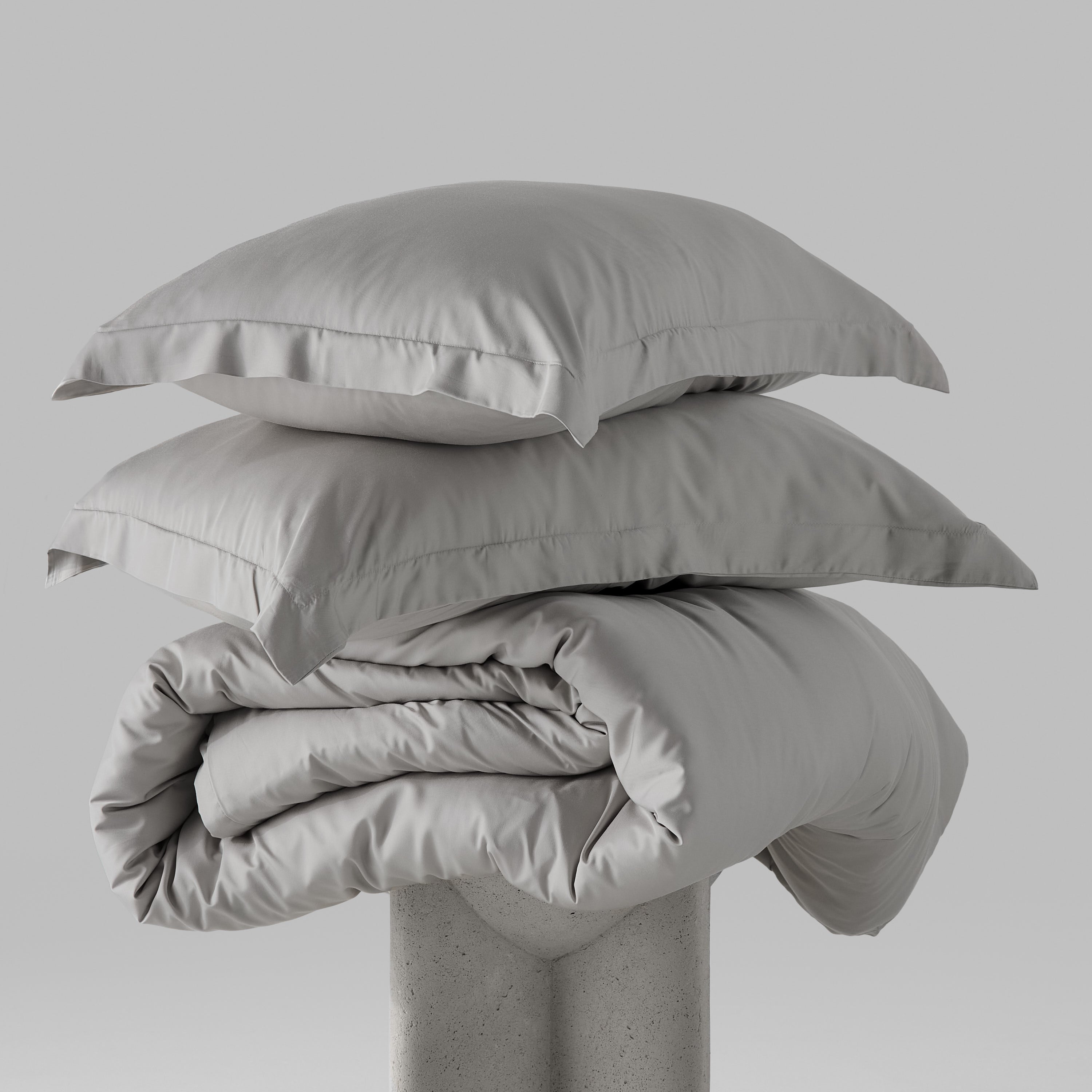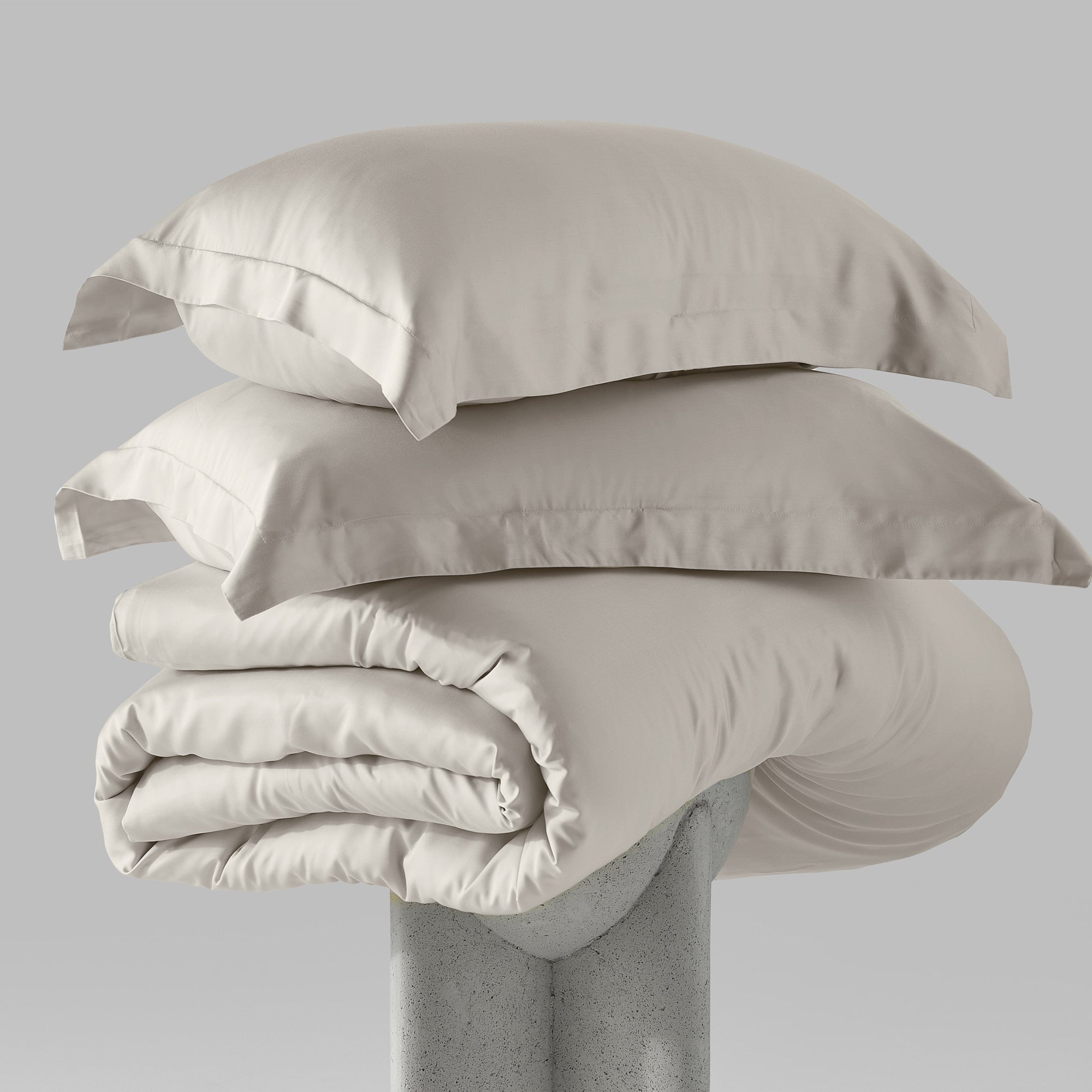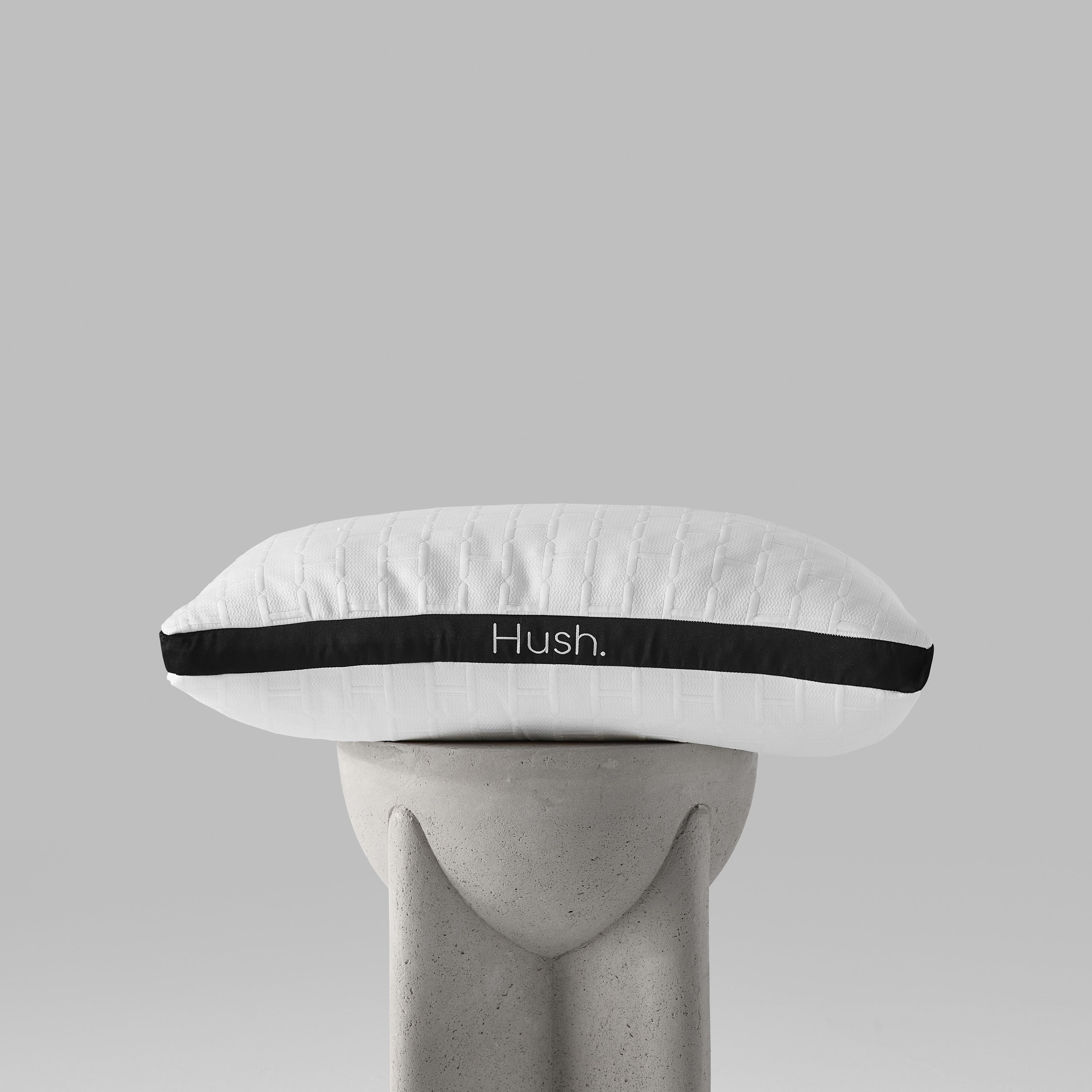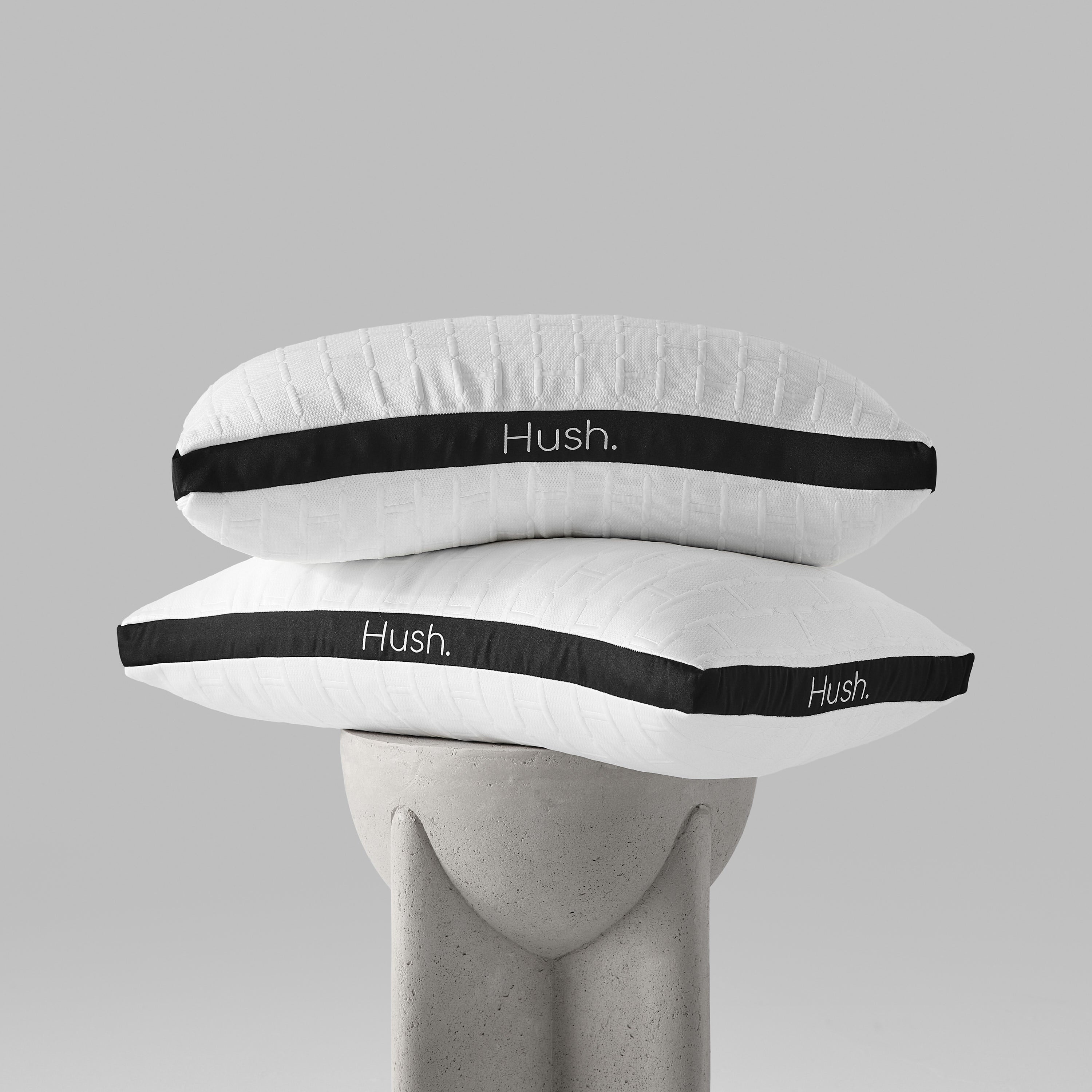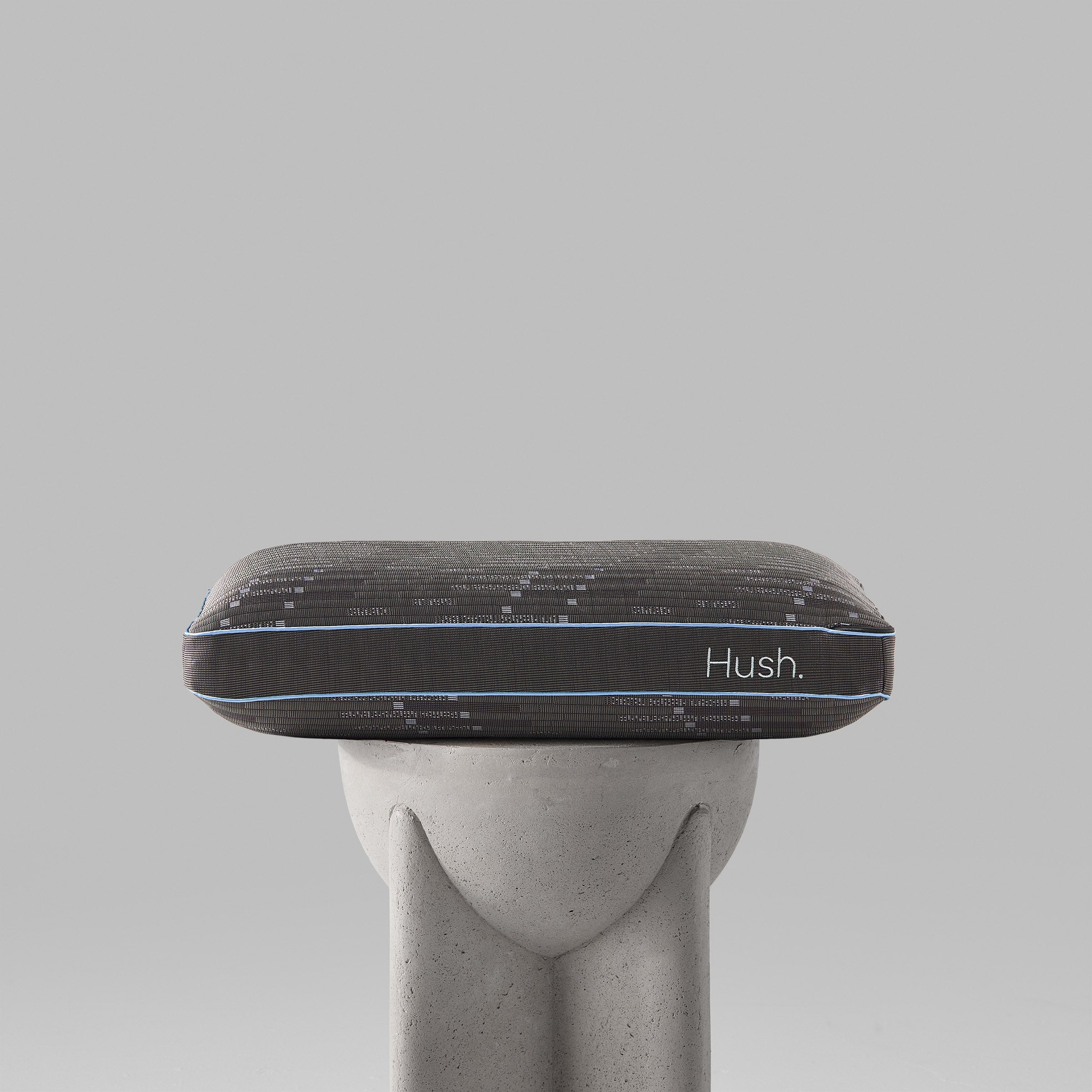When it comes to conscious consumerism, charity begins at home - and we’d even go a step further by saying it begins in your bed! Yes, the materials you sleep on can contribute to your own eco-credentials, especially when it comes to heavyweight items like your duvets. But before you decide to keep hold of a decades-old duvet - just how long do duvets last? Let's take a look.
What is a Duvet?
A duvet is a type of bedding that consists of a soft, flat bag filled with down, feathers, wool, or synthetic fibres, and is designed to either provide warmth or sit atop the top layer on a bed (or both!). Unlike traditional blankets, a duvet is protected by a removable cover, similar to how a pillow has a pillowcase; this duvet cover can be easily removed and washed, keeping the duvet clean and extending its lifespan.
What is the Purpose of a Duvet?
Comfort & Feel
At its core, the primary purpose of a duvet is to provide comfort and warmth during sleep. Thanks to its unique construction - which involves trapping air within its filling - a duvet creates pockets of warmth, ensuring that you remain cozy throughout the night and even in freezing temperatures. Whether they’re soft king duvet covers or queen size covers filled with down and feathers, a duvet adjusts to the body's temperature, providing warmth without the heaviness of a traditional blanket.
Simplifying Bed-Making
Another notable advantage of a duvet is the simplicity it brings to the bed-making process: unlike beds layered with sheets, blankets, and quilts, a bed with a duvet requires minimal effort to appear neat and inviting. Simply fluffing and straightening the duvet can give the bed a freshly-made look, so you can benefit from the reduced time and effort needed in your morning routine.
Versatility and Aesthetics
Finally, duvets offer versatility when it comes to both aesthetics and functionality: with an endless choice of duvet covers available in various patterns, colours, and fabrics, you can pretty much entirely change the look of your bedroom without investing in an entirely new bedding set - and without having to paint the walls! From luxurious queen duvet covers to more basic sets, it’s the easiest way to give your room a spruce up. Plus, duvets can be chosen based on their fill, tog, and feel, catering to different climates and individual warmth preferences, while ensuring optimal comfort throughout all four seasons.
How Long Does a Duvet Last?
The lifespan of a duvet cover hinges on various factors, with the predominant ones being the material quality and maintenance. On average, a well-maintained duvet can last anywhere from 5 to 7 years, but here's a breakdown of some factors that might influence its longevity:
Materials
Like any piece of bedding, material counts: for example, down and feather duvets are renowned for their longevity, and with proper care, a high-quality down duvet can last anywhere from 10 to 15 years or even longer. While synthetic duvets were once estimated to have a shorter lifespan compared to their natural counterparts, advances in synthetic technology means that some premium synthetic duvets boast lifespans comparable - if not better - to down duvets.
Usage
As with any fabric, the more frequently a duvet is used, the quicker it will tend to show signs of wear and tear; a duvet used daily in the master bedroom will naturally have a shorter lifespan than a duvet in a guest room that's used only occasionally. This is also due to the fact that regular washing - which is necessary for a frequently used duvet - can result in the duvet losing its shape, especially if it isn’t washed with care.
Lifestyle
Factors such as eating in bed, having pets that sleep on the bed, or even nightly movements can impact the wear and tear of a duvet. Tossers-and-turners - or even those who often have breakfast in bed - might find they need to replace their duvets more frequently due to spills or increased friction.
How to Maintain Your Duvet
Want to keep your duvet in tip-top condition for as long as possible? Here’s how proper care can drastically extend the life of your duvet:
Regular Maintenance
While it's not necessary to wash a duvet as frequently as its cover, it still needs regular care to ensure its longevity. Typically, a thorough wash every 2-3 months is sufficient for most duvets, but always check the care label first. Some duvets, especially those with natural fills like down or feather, may require professional cleaning. Between washes, airing out the duvet on a dry, sunny day can help refresh it and eliminate any accumulated moisture or odours.
Protection with a Duvet Cover
Using a duvet cover is paramount when it comes to maintaining the quality of your duvet: not only does it act as a protective barrier against dirt, spills, and oils from the skin, but it also reduces the wear and tear the duvet might experience directly. Ensure the cover is washed regularly, at least every two weeks or when there's visible soiling.
Rotate and Fluff Regularly
Just like a mattress, it's a good practice to rotate your duvet occasionally, ensuring even wear. This is especially important for heavier duvets that might settle more on one side; regular fluffing keeps the fill distributed evenly, preventing clumping and maintaining the duvet's insulating properties - there’s nothing more annoying than kicking around a lumpy duvet in the middle of the night!
FAQs
Can I mend a duvet cover instead of replacing it?
Absolutely! Minor rips or tears can often be mended, prolonging the life of your duvet cover. It's an eco-friendly approach and can also add a touch of character to your bedding. However, a damaged duvet isn’t as easy to fix, and it might be more effective to simply replace it.
How Often Should You Replace a Duvet?
Duvets, unlike their covers, tend to have a more extended lifespan, provided it's well-maintained. You can usually replace a duvet cover every 5-10 years, depending on its condition and functionality.
How often should I wash my duvet cover for optimum longevity?
It's recommended to wash your duvet cover every two weeks. However, if you sweat excessively or have pets sharing the bed, a weekly wash might be more appropriate.






